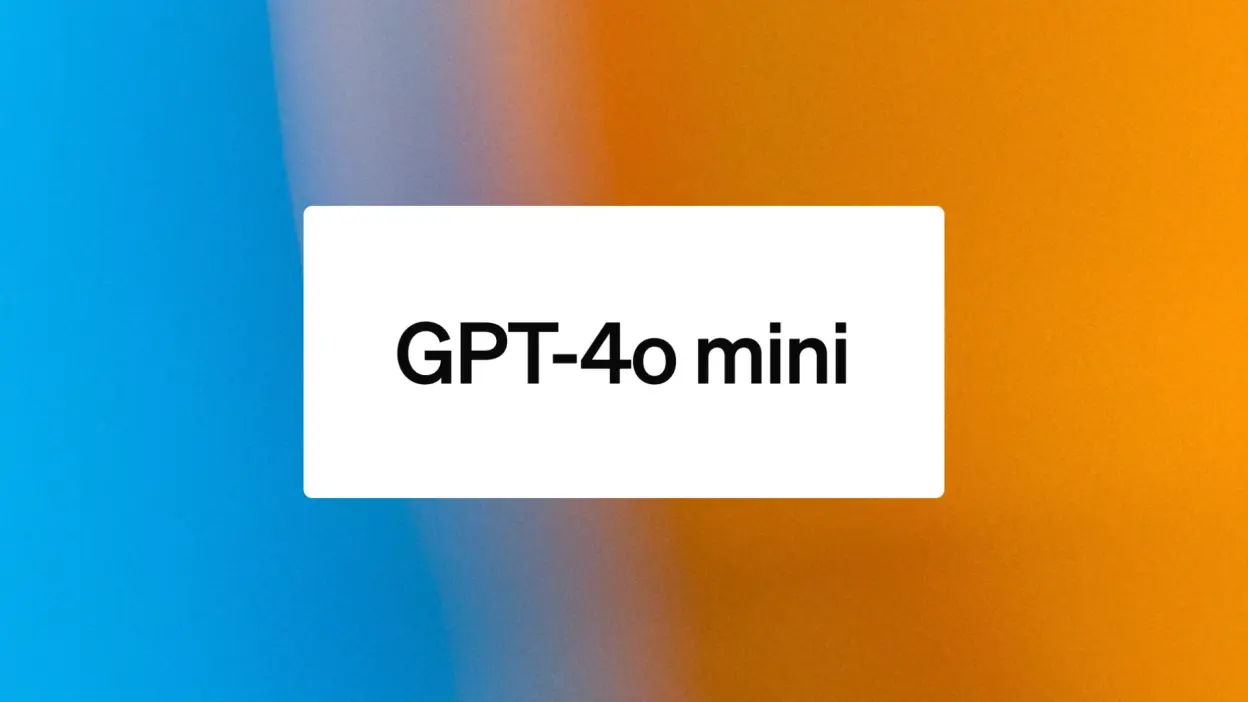This week, OpenAI debuted a more lightweight version of its most advanced large language model (LLM), GPT-4o. Called GPT-4o mini, it will replace GPT-3.5 Turbo as the default model used in the free version of ChatGPT, and for developers, it’s meant to act as a more affordable option compared to GPT-4o, which OpenAI released a few months ago. But exactly how different are these two models, and which one should you use? Here’s what you need to know.
A smaller model with some limitations, at least for now
The biggest compromise to GPT-4o mini is that it does not yet support video and audio processing at launch, although images do work. OpenAI says it plans to integrate those features later down the line, but for now, you’ll need to stick with GPT-4o proper for them.
Otherwise, the model should give you similar performance to that seen in GPT-4o, at least according to charts provided by OpenAI. Because the way tests are run can differ from company to company, though, some developers prefer to take a wait-and-see approach when it comes to measuring performance.
Pricing
Because GPT-4o mini is meant to perform similarly to GPT-4o, the biggest long-term difference you’ll see between these two models is going to be pricing, which largely affects developers rather than individual users. GPT-4o currently runs for $5 per 1 million input tokens and $15 per 1 million output tokens. GPT-4o mini on the other hand will run for 15 cents per 1 million input tokens and 60 cents per 1 million output tokens—thereby making it much more affordable, especially for longer projects. OpenAI says that the 1 million output tokens represented in the pricing is roughly the equivalent of around 2,500 pages in a standard formatted book.
Individual users just using the GPT app will still have limited free access to the standard GPT-4o, but 4o-mini will replace 3.5 Turbo once their usage limits on its larger cousin run out.
Same safety features
One area that OpenAI has not deviated on between GPT-4o and GPT-4o mini is safety. The new, smaller model features the same safety mitigations that OpenAI has built into GPT-4o, which includes testing by more than 70 external experts to help identify potential risks the model could pose to its users.
In addition, GPT-4o mini is the first of OpenAI’s models to incorporate a new “hierarchy” model, which the company says will help it improve the model’s ability to reset prompt injections, jailbreak attempts, and other nefarious usage such as system prompt extractions.
GPT-4o mini is available in the ChatGPT app, website, and API now.

